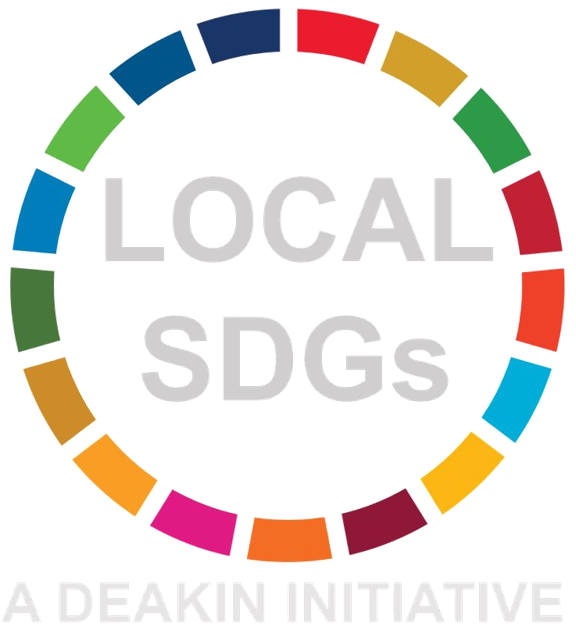Research Fellow Dr. Michalis Hadjikakou presented at the Sustainable Development Goal event organised by Future Earth Australia in partnership with the University of South Australia:
The Future of Food: Connecting the UN Sustainable Development Goals.
The aim of this event was to bring together early career researchers and practitioners (ECRPs) to share their work and network across disciplines associated with the theme of sustainability and food. It was held at Pridham Hall Function Room at UniSA’s City West campus in Adelaide from Mon 9 Dec to Wed 11 Dec.
Organisers confirmed this to be one of the best events they have ever run primarily due to the high level of engagement participants had in one another’s work.
Future Earth Australia is based at the Australian Academy of Science. It is a national peak initiative that enables Australian researchers, governments, industry and NGOs to collaborate with each other and with international networks and programs across Australia and Oceania.
In addition to participating in forum discussions Michalis also delivered a presentation which expanded upon his abstract:
Environmental risk assessment of global food system futures highlights the potential limits of mitigation
Researchers: Nicholas Bowles Ozge Geyik Mohammad Abdullah Shaikh Brett Bryan
His research focuses on the global food system as a driver of environmental impact including changing land-systems, climate and biosphere. Transgression of planetary boundaries threatens the achievement of key SDGs hunger, clean water, responsible consumption, climate change and life on land.
His talk presented novel findings from a statistical meta-model of environmental risk associated with global food system futures, developed through a meta-analysis of 910 published food scenarios across 60 studies for the year 2050. It is concluded that in addition to the strongest possible mitigation interventions, concerted global efforts must be diverted towards adaptation to the inevitable transgression of the Earth’s safe operating space.





